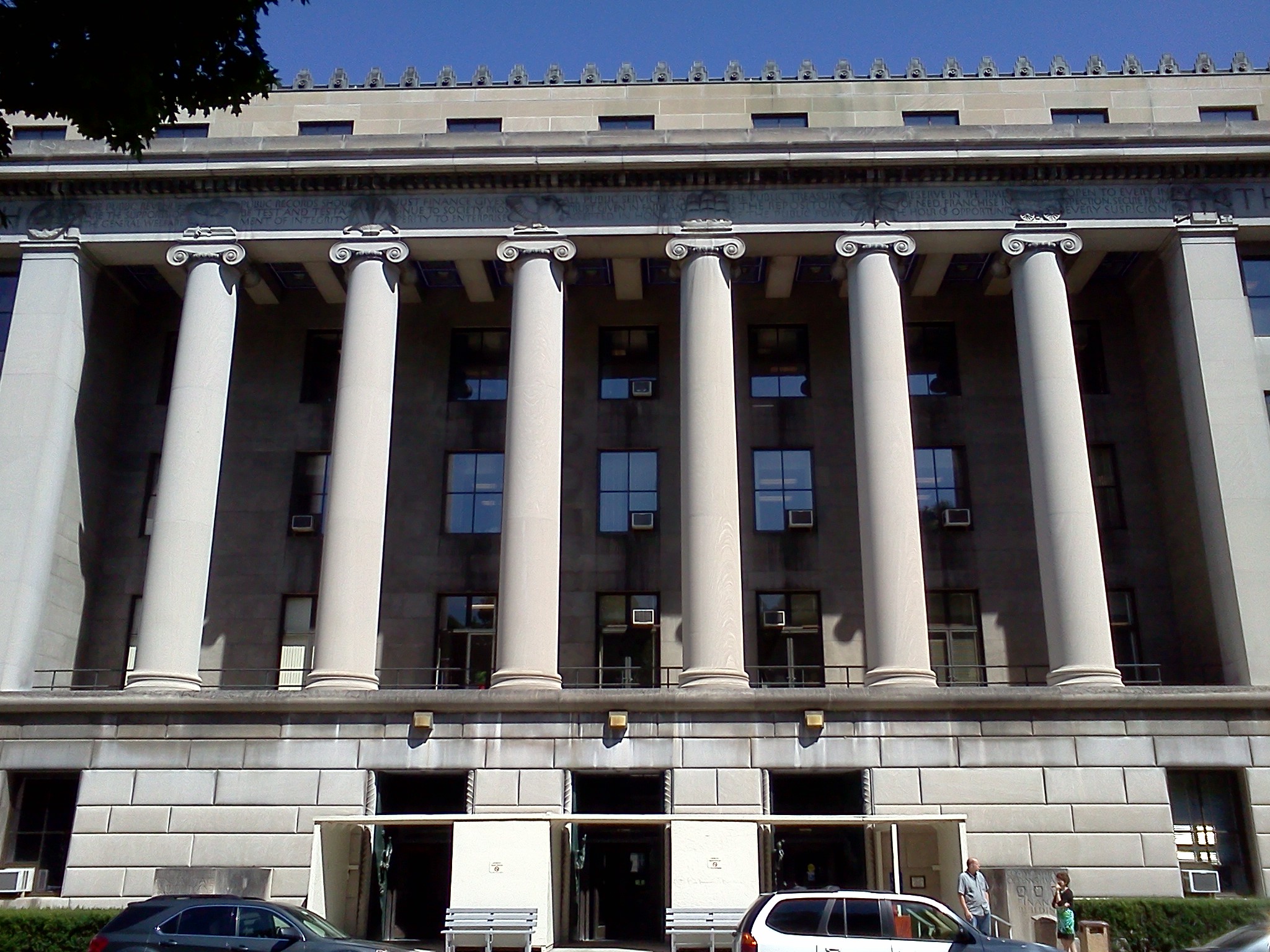Missed Opportunities on Marcellus Shale?
Severance tax advocates say legislative inaction is adding up to millions of dollars in lost revenue. In fact, the Pennsylvania Budget & Policy Center’s “Drilling Tax Ticker” crossed the $300-million dollar mark late last month. That’s money that Research Director Mike Wood says could be put to good use. “We’ve been making lots of cuts to teachers in our schools, domestic violence shelters have had to close their doors to new people. This is definitely something that could have helped in a time when revenue is pretty hard to come by.”
The ticker is based on an effective tax rate of roughly 6%, whereas the impact fee proposal being hammered out by GOP negotiators in Harrisburg would more likely be in the one or two percent range. “Most states that have either oil or gas have a severance tax. The major producing states all have such a tax,” Wood tells Radio PA. “Pennsylvania is the only one that doesn’t.”

A Revenue Department analysis, last year, found that natural gas companies had paid more than a billion dollars in taxes since 2006. However, Mike Wood questions that figure because it includes taxes not directly related to drilling activity.
Governor Tom Corbett isn’t fazed when critics point out that Pennsylvania is the largest gas-producing state without a severance tax. He uses the Texas analogy. “They pay a severance tax in Texas, yes they do, but their corporate income tax is considerably lower. So we have to compare apples to apples, not apples to pears.”
While Pennsylvania may not have a severance tax, the governor says they are paying corporate and related taxes. “They’ve paid billions of dollars in taxes, so far, in Pennsylvania directly,” Corbett said on a recent edition of Ask the Governor. “But keep in mind all of their employees, all the companies they purchase goods and services from, they’re all paying taxes also.”
Both Corbett and Senate President Pro Tem Joe Scarnati (R-Jefferson) have expressed a desire to finalize impact fee discussions before next week’s budget address.








